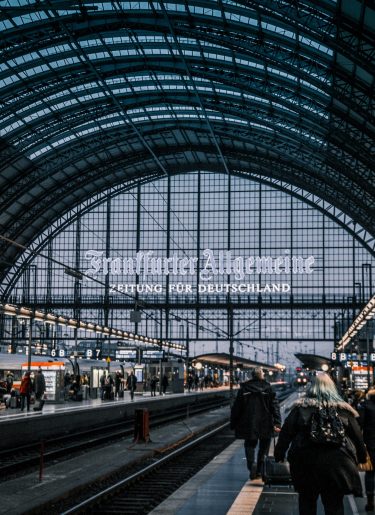
Core mandatory national rules: Regulations concerning the following mandatory minimum working conditions contained in laws, regulations or administrative provisions apply to posted workers:
Remuneration (previously: only minimum wages), including rates of overtime, without the provisions on occupational pensions. This includes all components of the remuneration which the employee receives from the employer in cash or in kind for the work performed, in particular basic remuneration, including remuneration components linked to the type of work, qualification and professional experience of the employee and the region, as well as allowances, supplements and gratuities, including overtime rates.
Remuneration also includes regulations on the due date of remuneration, including exceptions and the conditions for these. Requirements concerning workers’ accommodation where it is provided by the employer, directly or indirectly, whether for payment or free of charge, to workers who are assigned to work remotely from their regular place of work (previously: not specified). Allowances for the reimbursement of travel, accommodation and subsistence expenses for workers who are away from their place of residence for professional reasons (previously: not specified).
Minimum paid annual leave; maximum working hours and minimum rest periods; the conditions for the supply of labour, in particular by temporary employment agencies; safety, health and hygiene at work: protective measures regarding terms and conditions of employment of pregnant women and women who have recently given birth, children and young people; gender equality and other non-discrimination provisions.
After 12 months, all working conditions which are prescribed by legal and administrative regulations and in generally binding collective agreements will apply to posted workers, but not: the procedural and formal requirements and conditions for the conclusion or termination of employment, including post-contractual non-competition clauses; and company pension schemes. The 12-month period can be extended to 18 months upon notification in written form before the end of the 12-month period. Notification must contain the name and date of birth of the employees, place of work in Germany (for construction work this is the construction site), reasons for exceeding the 12-month period, and likely duration of employment in Germany at the time of notification. The customs authority acknowledges receipt.
If the employer or the hirer based abroad replaces the employee employed in Germany with another employee who carries out the same activity at the same location, these periods are added together.
The same activity is performed where the other posted worker employee performs substantially the same duties as the worker he is replacing, and where those duties: are performed under the same service or work contracts; in the case of performance of a task in an operation or affiliated company of the employer, these tasks are performed in the same operation or company in Germany; or they are carried out by a temporary worker for the same hirer based in Germany. The activity is carried out at the same location if the posted worker: works at the same address or in the immediate vicinity of that address as the employee whom he is replacing; or works under the same service or work contracts as the employee whom he or she replaces at other addresses specified for these service or work contracts.
Allowances specific to the posting can be considered to be part of remuneration provided that they are not paid to reimburse expenses actually incurred due to the posting (especially travel, accommodation and subsistence expenses). If the contract does not specify which parts of the allowance are paid as reimbursement of posting costs or as part of the remuneration, it is irrefutably presumed that the entire allowance is paid as reimbursement of posting costs.
New information duties relating to temporary agency workers posted to Germany from abroad are introduced – Before a hirer based abroad employs a temporary worker in Germany, s/he must inform the lender in writing. Before a hirer based in Germany or abroad employs a temporary worker of a hirer based abroad in Germany, the hirer must inform the lender in writing about the essential working conditions that apply in the hirer’s operation to a comparable worker, including remuneration.
Not providing the mandatory working conditions can give rise to a regulatory fine of up to EUR 500,000. Other violations of posting rules can give rise to regulatory fines of either up to EUR 500,000 or up to EUR 30,000.
Some posted workers are exempt from some of the posting rules, especially from the minimum remuneration and long-term posting rules. Employees posted by employers domiciled abroad are exempt, if they are: Workers carrying out initial assembly or installation work which is part of a supply contract. The work is indispensable for the commissioning of the delivered goods and is carried out by skilled or semi-skilled workers or workers of the supplier company.
The duration of employment in Germany does not exceed eight days within one year. This does not apply to construction services.Employees and temporary workers who are posted to Germany by employers or hirers domiciled abroad are exempt where they: do not provide work or services for their employer to third parties in Germany for up to 14 days without interruption and up to 30 days within a period of 12 months; and conduct meetings or negotiations in Germany for their employer, prepare offers of contracts or conclude contracts; or participate as a visitor in a trade fair, trade conference or symposium without carrying out the provision of services or work for companies participating in the construction and dismantling of trade fairs and exhibitions; or set up a domestic business unit for their employer; or are employed as skilled workers in an internationally active group or company for the purpose of continuing vocational training in the domestic group or company division.
The recent changes do not yet apply to the road transport sector.

